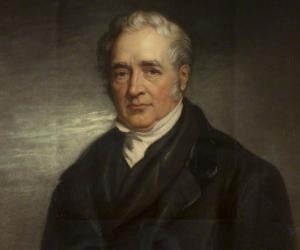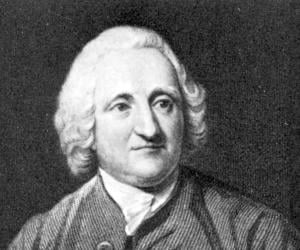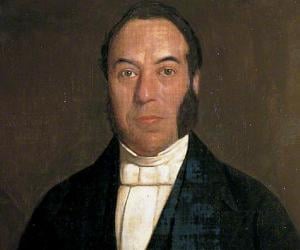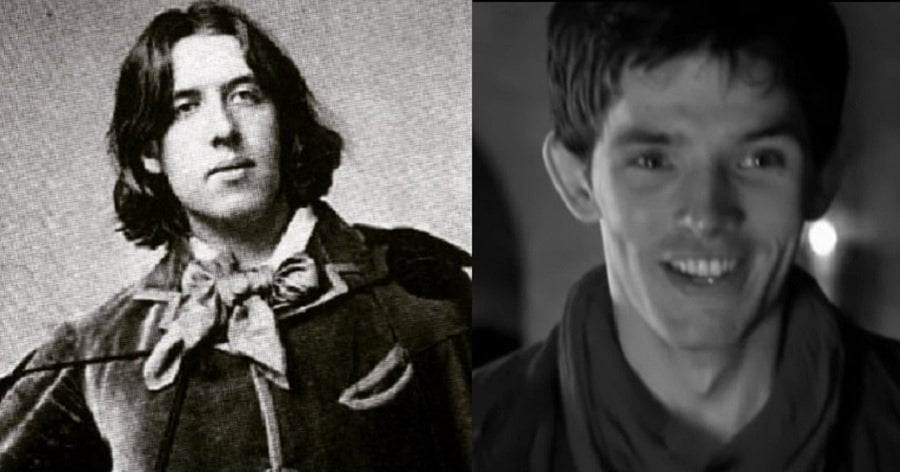George Stephenson was a British mechanical and civil engineer. Stephenson is credited with pioneering rail transport which is widely regarded as one of the most prominent inventions of the 19th century. Regarded as the Father of Railways, George Stephenson is also credited with developing the standard rail gauge which is used by several railways around the world.
John Smeaton was the first person to claim to be a civil engineer. One of his best-known creations was the Eddystone Lighthouse. He was also the first to use hydraulic lime in concrete. He not only won the Copley Medal but was also made a Fellow of The Royal Society.
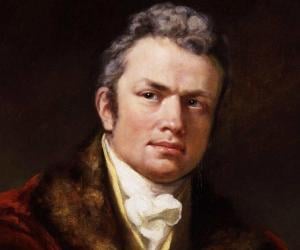
French-British engineer Marc Isambard Brunel is best known for constructing the Thames Tunnel and had been the chief engineer of New York City. He had also spent time in a debtor’s prison for his association with loss-making projects. He was the father of renowned engineer Isambard Kingdom Brunel.
Richard Trevithick was a British mining engineer and inventor. A pioneer of rail transport and steam-powered vehicles, Trevithick is credited with developing the first working railway steam locomotive and the first high-pressure steam engine. He was a highly respected figure in the fields of engineering and mining during the peak of his career.
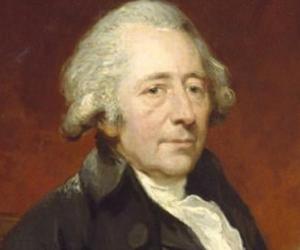
British manufacturer and engineer Matthew Boulton is best remembered as the financier of Scottish engineer James Watt’s pathbreaking steam engine. His Soho Manufactory initially produced metal parts, and he later stepped into John Roebuck’s shoes to partner with Watt, after Roebuck went bankrupt. He also established the Soho Mint.
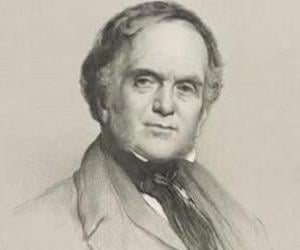
Scottish engineer and political economist William Playfair is best-remembered as the inventor of statistical graphs and secret agent for Great Britain during its war with France. He published the first data graphs in his book The Commercial and Political Atlas. He used line, area and bar charts to represent the economy of 18th Century England and introduced the pie chart.
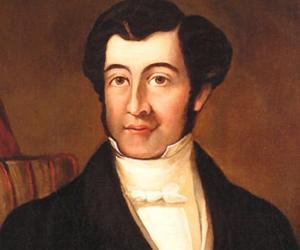
Joseph Bramah started his career as a cabinet maker and over time, revolutionized the lock-making industry with his pick-proof locks. Along with blacksmith Henry Maudslay, he changed the course of 19th-century British manufacturing. Best known for his hydraulic press, he also built water closets in Queen Victoria’s home.
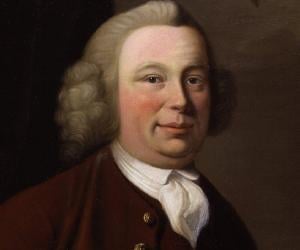
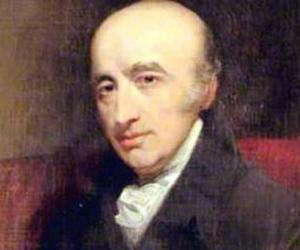
William Hyde Wollaston was a pioneer of powder metallurgy and the first to develop malleable platinum from its ore. He is also credited with the discoveries of palladium and rhodium. A Fellow of the Royal Society, he dictated his last Bakerian lecture, as he was too ill to deliver it.

While he initially apprenticed under a lock maker, he later joined the factory of Sir Marc Isambard Brunel, where he invented scores of machines, the most notable of them being the metal lathe. He also developed plane surfaces to aid his workmen at his factory. He was married to inventor Joseph Bramah's housemaid.

William Roy was a Scottish surveyor, military engineer, and antiquarian. An innovator, Roy was successful in applying newly emerging technologies and new scientific discoveries to the geodetic mapping of Great Britain, which is often called Roy's Map of Scotland. William Roy also played a major role in the establishment of the Ordnance Survey, Great Britain's national mapping agency.
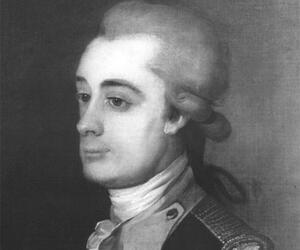
Mechanical engineer and naval architect Samuel Bentham was responsible for Russia’s victory over a Turkish force, using shell guns on warships. He had also visited China to study ship designs and had served as the inspector of English naval works. He was the younger brother of philosopher Jeremy Bentham.
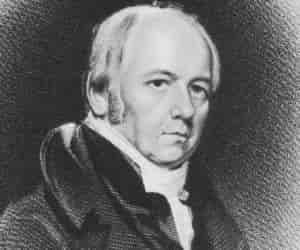
William Nicholson is best remembered for discovering the electrolysis of water, which revolutionized the chemical industry. His inventions also include his own hydrometer and launched the first independent science journal. Inspired by his writer friend Thomas Holcroft, he also penned An Introduction to Natural Philosophy, his best-known written work.
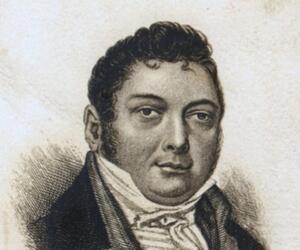
After quitting school at 14, Matthew Murray apprenticed to be a blacksmith or a whitesmith. He then worked for a Leeds-based flax spinner and later established his own factory, developing innovations in the domain of steam engines. His locomotives for collieries were the first to be commercially successful.
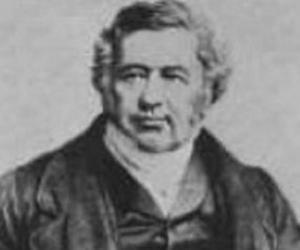

British engineer Arthur Woolf was a pioneer of the compound steam engine. Starting his career as a carpenter, he later worked for Joseph Bramah. While working at a London brewery, he began working with steam power and ended up inventing the Woolf high-pressure compound engine, almost twice efficient as James Watt’s engine.
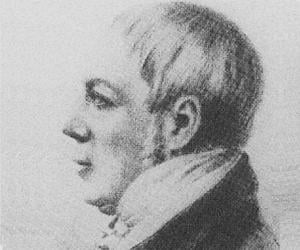

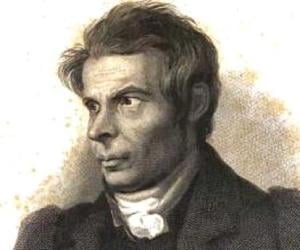
Initially a carpenter, Thomas Tredgold later began working with his architect uncle in London. There, he learned architecture, engineering, and French. The self-made man is best known for his book Elementary Principles of Carpentry, which later became a classic. He is also known to have laid down the standard definition of civil engineering.



Engineer Joshua Field was not just part of the firm Maudslay, Sons, and Field but also co-created the combined steam engines that powered the Great Western’s maiden trans-Atlantic journey. He also co-established the Institution of Civil Engineers and was named a fellow of both the Royal Society and the Society of Arts.

